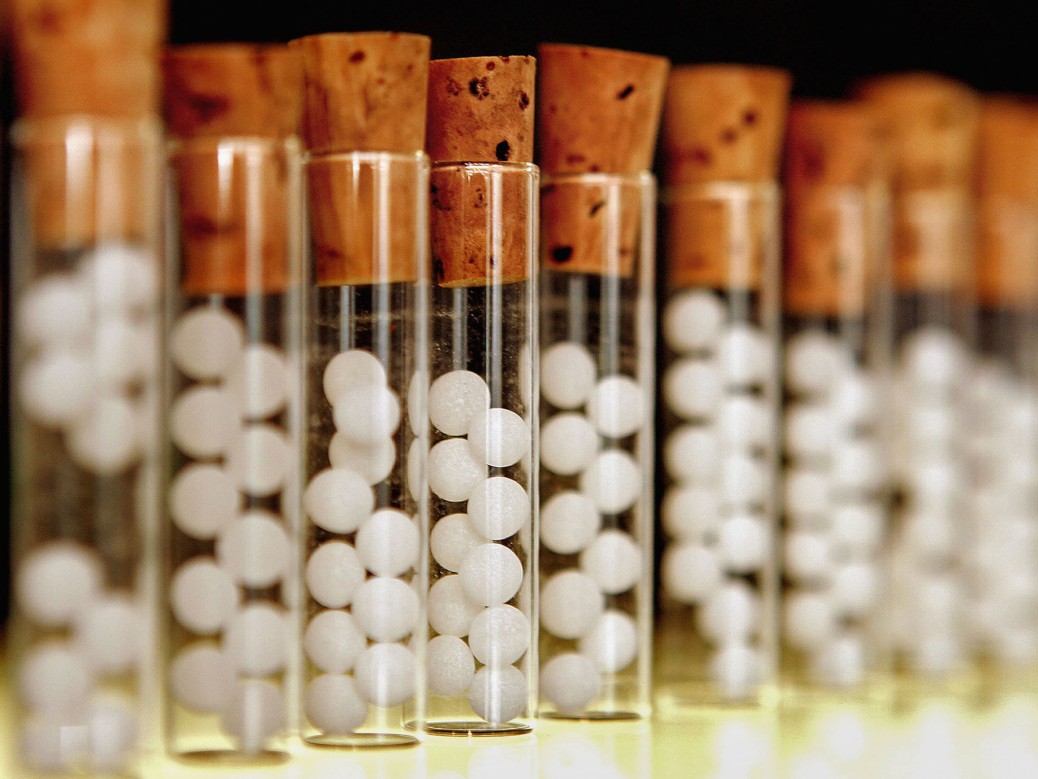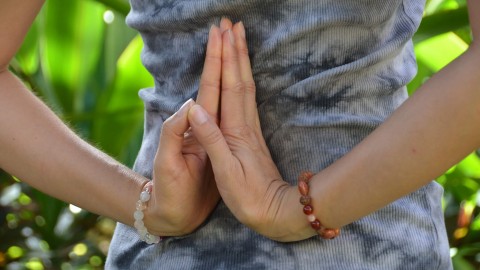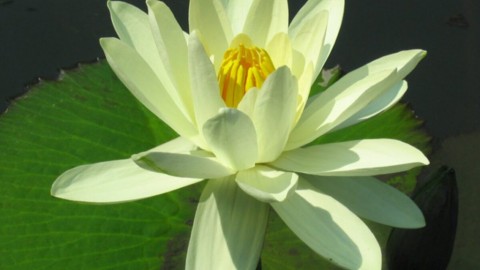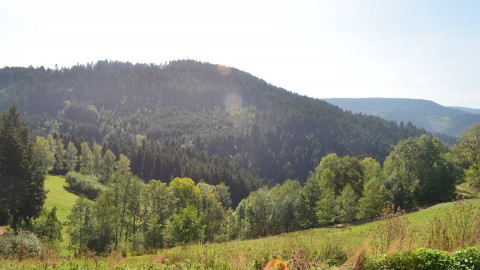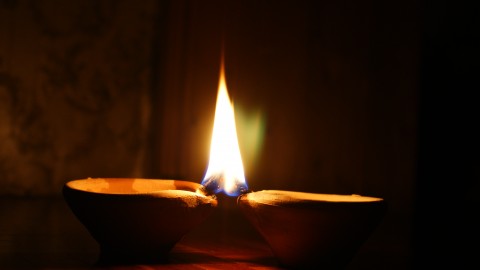Dengue (DENG-gey) fever is a mosquito-borne illness that occurs in tropical and subtropical areas of the world. Mild dengue fever causes a high fever and flu-like symptoms. The severe form of dengue fever, also called dengue hemorrhagic fever, can cause serious bleeding, a sudden drop in blood pressure (shock) and death. The best ways to prevent infection are to avoid being bitten by mosquitoes and to take steps to reduce the mosquito population
Symptoms
Many people experience no signs or symptoms of a dengue infection.
When symptoms do occur, they may be mistaken for other illnesses – such as the flu – and usually begin four to 10 days after you are bitten by an infected mosquito.
Dengue fever causes a high fever – 104 F (40 C) – and any of the following signs and symptoms:
- Headache
- Muscle, bone or joint pain
- Nausea
- Vomiting
- Pain behind the eyes
- Swollen glands
- Rash
Most people recover within a week or so. In some cases, symptoms worsen and can become life-threatening. This is called severe dengue, dengue hemorrhagic fever or dengue shock syndrome.
Severe dengue happens when your blood vessels become damaged and leaky. And the number of clot-forming cells (platelets) in your bloodstream drops. This can lead to shock, internal bleeding, organ failure and even death.
Warning signs of severe dengue fever – which is a life-threatening emergency – can develop quickly. The warning signs usually begin the first day or two after your fever goes away, and may include:
- Severe stomach pain
- Persistent vomiting
- Bleeding from your gums or nose
- Blood in your urine, stools or vomit
- Bleeding under the skin, which might look like bruising
- Difficult or rapid breathing
- Fatigue
- Irritability or restlessness
Dengue fever is usually benign and self limited, but a small number of cases will progress to the hemorrhagic form, in which bleeding from multiple organs and mucosal surfaces occurs and for which the mortality is about 5 percent. No vaccine is available for dengue, and there is no effective treatment.
Causes
Dengue fever is caused by any one of four types of dengue viruses. You can’t get dengue fever from being around an infected person. Instead, dengue fever is spread through mosquito bites.
The two types of mosquitoes that most often spread the dengue viruses are common both in and around human lodgings. When a mosquito bites a person infected with a dengue virus, the virus enters the mosquito. Then, when the infected mosquito bites another person, the virus enters that person’s bloodstream and causes an infection.
After you’ve recovered from dengue fever, you have long-term immunity to the type of virus that infected you – but not to the other three dengue fever virus types. This means you can be infected again in the future by one of the other three virus types. Your risk of developing severe dengue fever increases if you get dengue fever a second, third or fourth time.
Risk Factors
You have a greater risk of developing dengue fever or a more severe form of the disease if:
- You live or travel in tropical areas. Being in tropical and subtropical areas increases your risk of exposure to the virus that causes dengue fever. Especially; High-risk areas include Southeast Asia, the western Pacific islands, Latin America and Africa.
- You have had dengue fever in the past. Previous infection with a dengue fever virus increases your risk of severe symptoms if you get dengue fever again.
Complications
Severe dengue fever can cause internal bleeding and organ damage. Blood pressure can drop to dangerous levels, causing shock. In some cases, severe dengue fever can lead to death.
Women who get dengue fever during pregnancy may be able to spread the virus to the baby during childbirth. Additionally, babies of women who get dengue fever during pregnancy have a higher risk of preterm birth, low birth weight or fetal distress.
Prevention
Vaccine
In areas of the world where dengue fever is common, one dengue fever vaccine (Dengvaxia) is approved for people ages 9 to 45 who have already had dengue fever at least once. The vaccine is given in three doses over the course of 12 months.
The vaccine is approved only for people who have a documented history of dengue fever or who have had a blood test that shows previous infection with one of the dengue viruses – called seropositivity. In people who have not had dengue fever in the past (seronegative), receiving the vaccine appears to increase the risk of severe dengue fever and hospitalization due to dengue fever in the future.
Dengvaxia is not available for travelers or for people who live in the continental United States. But in 2019, the U.S. Food and Drug Administration approved the vaccine for people ages 9 to 16 who have had dengue fever in the past and who live in the U.S. territories of American Samoa, Guam, Puerto Rico and the U.S. Virgin Islands – where dengue fever is common.
Prevent mosquito bites
The World Health Organization stresses that the vaccine is not an effective tool on it’s own to reduce dengue fever in areas where the illness is common. Preventing mosquito bites and controlling the mosquito population are still the main methods for preventing the spread of dengue fever.
If you live in or travel to an area where dengue fever is common, these tips may help reduce your risk of mosquito bites:
- Stay in air-conditioned or well-screened housing. The mosquitoes that carry the dengue viruses are most active from dawn to dusk, but they can also bite at night.
- Wear protective clothing. When you go into mosquito-infested areas, wear a long-sleeved shirt, long pants, socks and shoes.
- Use mosquito repellent. Permethrin can be applied to your clothing, shoes, camping gear and bed netting. You can also buy clothing made with permethrin already in it. For your skin, use a repellent containing at least a 10% concentration of DEET.
- Reduce mosquito habitat. The mosquitoes that carry the dengue virus typically live in and around houses, breeding in standing water that can collect in such things as used automobile tires. You can help lower mosquito populations by eliminating habitats where they lay their eggs. At least once a week, empty and clean containers that hold standing water, such as planting containers, animal dishes and flower vases. Keep standing water containers covered between cleanings.
Homoeopathic Treatment
Eupatorium perfoliatum: it’s the best suited homeopathic medicine for dengue fever, where platelet count get low and there is intense pain in joints.
* Known as “Bone-set”, from the prompt manner in which it relieves pain in limbs and muscles that accompanies some forms of febrile disease, like dengue, malaria and influenza.
Head
- Throbbing pain.
- Pressure as if a cap pressed over the whole skull.
- Vertigo; sensation of falling to the left.
- Top and back of head with pain and soreness of eyeballs.
- Periodical headache, every third and seventh day.
Rhus toxicodendron: wonderful action in dengue fever with chill and red vesicular eruptions, and also acts very well in joints pain in fever
Influenza, with aching in all bones. [Eup. perf.]
Fever
- A dynamic; restless, trembling.
- Dry cough and restlessness.
- Urticaria fever during
- Chilly, as if cold water were poured over him, followed by heat.
- Muscular pains relieved by stretching
Arsenic album: acts very nicely in all types of fever with restlessness mentally and physically. This homeopathy medicine is often used as a preventive drug for Dengue fever.
Mind
- Great anguish and restlessness. Changes place continually. Fears, of death, of being left alone.
- Great fear, with cold sweat.
- Think it is useless to take medicine.
- Suicidal.
- Hallucinations of smell and sight.
- Despair of recovery which drives him from place to place.
- Miserly, malicious, selfish, lacks courage.
- General sensibility increased [Hep.].
- Sensitive to disorder and confusion.
Fever
- High temperature.
- Periodicity marked with adynamia.
- Septic fevers.
- Intermittent. Paroxysms incomplete, with marked exhaustion. Hay- fever.
- Cold sweats.
- Typhoid, not too early; often after Rhus.
- Complete exhaustion.
- Delirium; worse after midnight.
- Great restlessness.
- Great heat about 3 a.m.
China Officinalis: suitable homeopathic remedy in all fever with debility in body due to loss of vital fluids.
Debility from exhausting discharges, from loss of vital fluids, calls for this remedy.
* Periodicity is most marked.
Extremities
- Pains in limbs and joints, as if sprained; worse, slight touch; hard pressure relieves.
- Sensation as of a string around a limb.
- Joints swollen; very sensitive, with dread or open air.
- Great debility, trembling, with numb sensation.
- Averse to exercise; sensitive to touch.
- Weariness of joints; worse, mornings and when sitting.
Skin
- Extreme; sensitiveness to touch, but hard pressure relieves. Coldness; much sweat.
- One hand is ice cold, the other warm.
- Oedema over whole body
- Dermatitis; erysipelas.– Swelling of glands; scrofulous ulcers and caries.
Fever
- Intermittent, paroxysms anticipate; return every week.
- All stages are well marked.
- Chill generally in the forenoon, thirst before chill, and little and often.
- Debilitating night-sweats.
- Free perspiration caused by every little exertion, especially on single parts.
- Hay fever, watery coryza, pain in temples.
Gelsemium sempervirens: well known homeopathy remedy in fever cases with chill in spine and also known as 3D medicine i.e. for DULLNESS DIZZINESS DROWSINESS.
ACONITUM NAPELLUS: Acute acting homeopathic remedy in sudden fevers.
- A state of fear, anxiety; anguish of mind and body.
- Physical and mental restlessness, fright, is the most characteristic manifestation of Aconite. Acute, sudden, and violent invasion, with fever, calls for it.
- Does not want to be touched.
- Sudden and great sinking of strength.
- Complaints and tension caused by exposure to dry, cold weather, draught of cold air, checked perspiration, also complaints from very hot weather, especially gastrointestinal disturbances, etc

